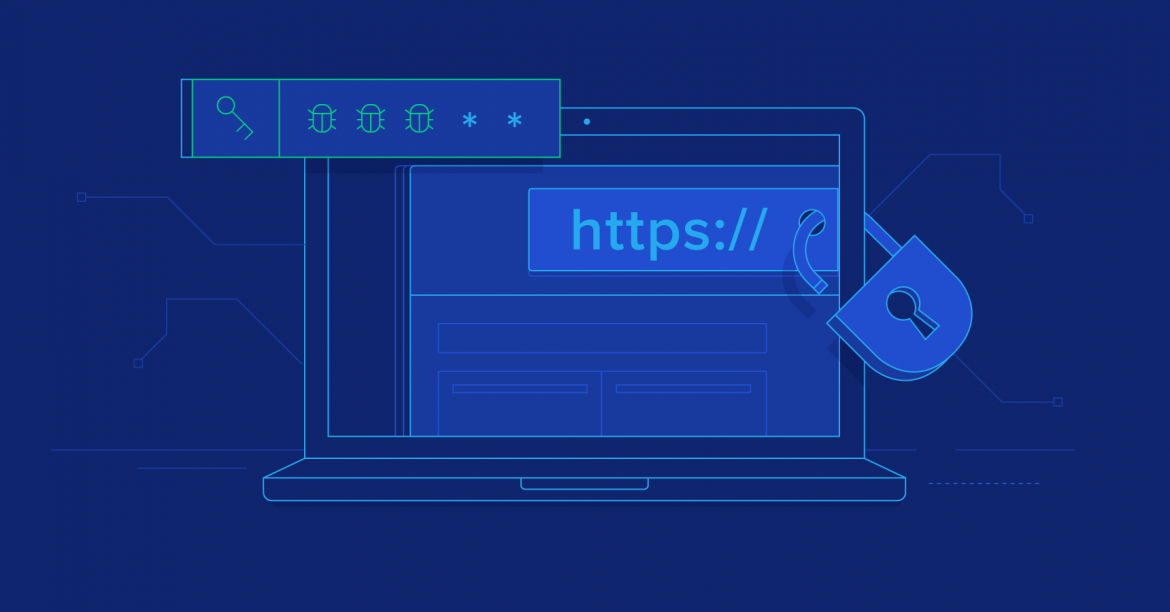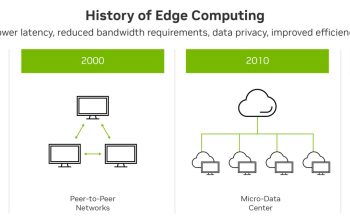The internet is crucial for a variety of daily activities, including communication, entertainment, financial transactions, and work-related activities. In addition, tons of sensitive information is shared on the web every day. Even though the Internet is largely private, it can still be vulnerable to cyber attacks. For this reason, securing the Internet is a top priority for both business and individual users. Malicious software, or malware, is one of the biggest vulnerabilities of the Internet. Malware comes in several forms, including worms, viruses, and Trojans.
Whether a business uses the Internet for online commerce, banking, or national defense, the Internet is an open and vulnerable target for hackers. It’s no secret that the internet is the most important infrastructure for our nation, but it also serves as an essential part of the transportation and energy industries. The development of cyber weapons is expected to continue to advance as tools to launch attacks improve, and security standards will continue to evolve. However, there’s no doubt that the good guys will win this cyber arms race. In fact, they’ll be well on their way to winning the cyber security arms race by 2025. Although deterrence works to keep bad actors at bay, some of them are content to leave small dents or mine preferred vulnerabilities to gain a foothold.
The next biggest Internet vulnerability is a lack of authentication. Authentication is the process of verifying an identity and confirming permissions. However, if a third party is present, it can confuse the browser and misuse its authority. This is a major security concern for websites. The good news is that there are many ways to protect against such vulnerabilities, and the right frameworks can make the process much easier. In general, security measures should be implemented and reviewed frequently.
Cryptography and resource protection are important aspects of web security. Sensitive data, such as passwords, should be encrypted at all times and never travel unencrypted. Furthermore, sensitive cookies should be encrypted and have a secure flag. Despite the complexity of the technology, it is critical that you protect your information against hackers who could use it for malicious purposes. So, do your best to secure your system from such attacks.
Computer software is incredibly complex. A single software program can interact with many others, creating security vulnerabilities. Viruses are a big problem for computer systems, and they spread from computer to computer through email. For example, the Morris worm infected 10% of all computers on the internet in 1988. While computer viruses are not as widespread, they can be harmful if they penetrate the network. In fact, computer viruses are the number one threat to computers, and cybercriminals are constantly finding new vulnerabilities.
Firewalls are an important part of any business with a web network. Firewalls prevent unauthorized access by blocking open ports and blacklisted IP addresses. However, they can also upload unnecessary services onto the network, making them more vulnerable. The IT department needs to be aware of any services that need to be removed or disabled. This is a serious vulnerability, and unattended firewalls can leave your network vulnerable to attacks. So, if you’re looking to secure your network, securing it is a must.




